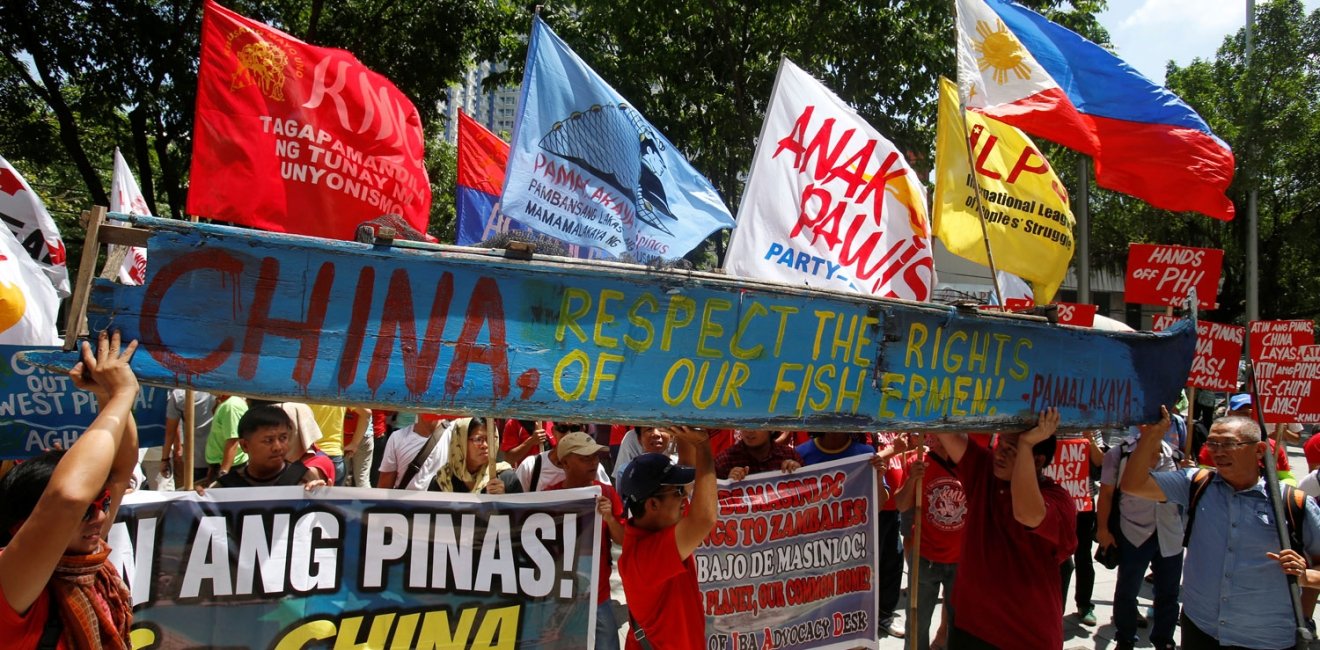Ignore the rhetoric.
For now.
Chinese officials are overreacting to a Hague tribunal’s binding decision that China’s claims of historic and economic “rights” in the South China Sea amount to nearly nothing under international law. The finding has ignited official and popular outrage in China that is drawing unsurprising reviews in the West: bellicose, bullying, nationalistic.
China’s rhetorical style can be as off-putting as its territorial assertiveness. But Beijing’s ire, while nominally directed at The Hague, the Philippines (which brought the case), and the U.S., is not intended primarily for foreign ears. It is a performance of anger intended to demonstrate to bureaucrats, the military, and ordinary citizens that the Communist Party remains vigilant in defending China’s territory and honor.
The Philippines’ legal case–which China believes was directed by the U.S. because American lawyers helped draft the complaint–was offensive to Beijing because it threatened territory to which China claims indisputable historic rights. The tribunal’s assertion that foreign institutions can set conditions for China may be equally maddening to Chinese.
China’s rhetorical style can be as off-putting as its territorial assertiveness. But Beijing’s ire, while nominally directed at The Hague, the Philippines (which brought the case), and the U.S., is not intended primarily for foreign ears.
Beginning in grade school, Chinese are taught that foreign encroachments on Chinese land and law during the “Century of Humiliation” (1840-1949) were a primary cause of China’s modern miseries. The Communist Party bases its political legitimacy on the assertion that it ended the humiliation and handed China back to the Chinese. To back away from that source of legitimacy by acceding to international rulings against China could be fatal to the Communist Party leadership. In other words, Beijing’s bellicosity is an act of political self-defense. What sounds like pique in Washington reads as strength to many Chinese.
Chinese leaders believe that self-certain domestic rhetoric and tight control of information are essential to stability. Yet when Chinese leaders employ the same rhetorical style and strategies internationally, they harm China’s image and erode its influence. Foreign Minister Wang Yi did this in June when he chastised a Canadian reporter, and some officials for Chinese ministries are doing it in the wake of the Hague tribunal’s decision.
China cares deeply about its image, but Chinese leaders know they cannot soften their international rhetoric to appear reasonable to foreigners while sticking to a hard line domestically. Chinese Internet users and the more than 100 million Chinese who travel abroad each year would see and hear the discrepancy. So Beijing sticks with declarative, often bombastic rhetoric whether addressing citizens at home or audiences overseas. China is willing to sacrifice soft power to preserve stability.
Understanding this, the U.S. should not count on mounting “reputational costs” to alter China’s behavior in the South China Sea. A more productive approach would be to create a strategic pause during which Beijing can absorb the implications of the decision without further “provocation.” Then, later, re-engage with China on the South China Sea, regardless of its rhetoric in the interim.
The opinions expressed here are solely those of the author.
This artilce was originally published in The Wall Street Journal's Think Tank blog.






